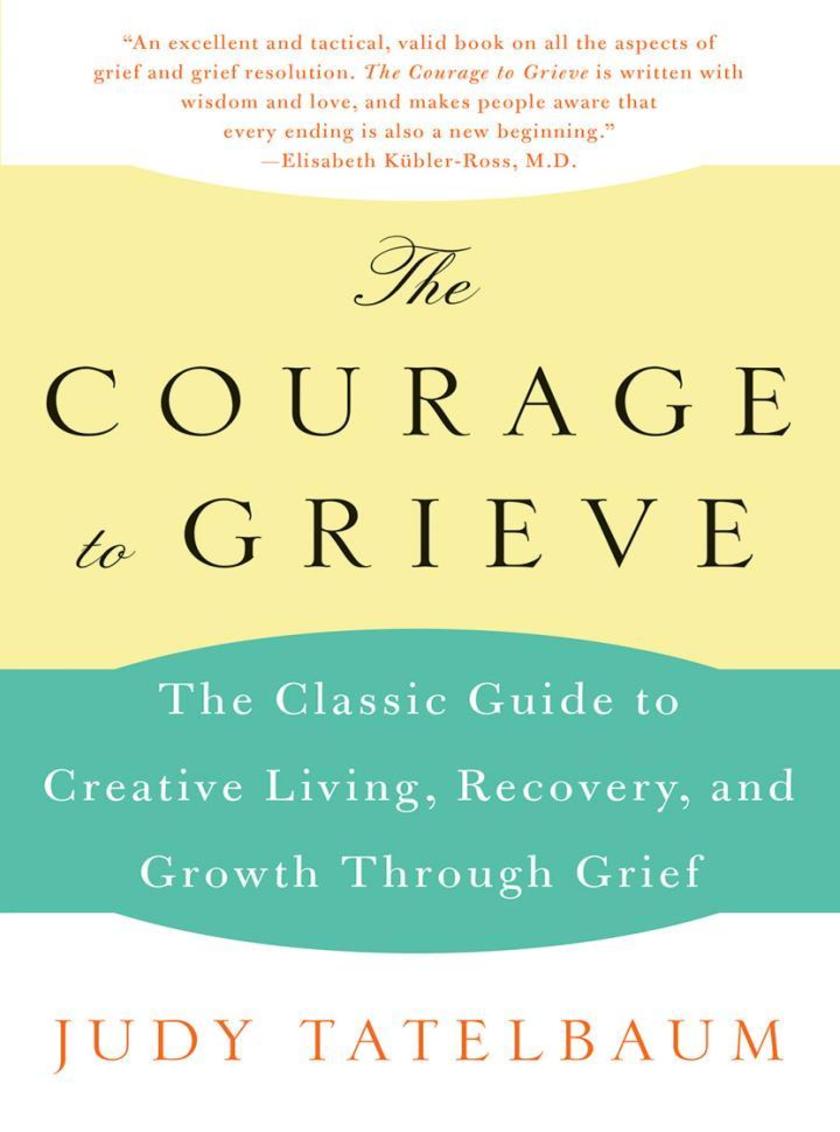
The Courage to Grieve
¥88.56
This unusual self-help book about surviving grief offers the reader comfort and inspiration. Each of us will face some loss, sorrow and disappointment in our lives, and The Courage to Grieve provides the specific help we need to enable us to face our grief fully and to recover and grow from the experience. Although the book emphasizes the response to the death of a loved one, The Courage to Grieve can help with every kind of loss and grief.Judy Tatelbaum gives us a fresh look at understanding grief, showing us that grief is a natural, inevitable human experience, including all the unexpected, intense and uncomfortable emotions like sorrow, guilt, loneliness, resentment, confusion, or even the temporary loss of the will to live. The emphasis is to clarify and offer help, and the tone is spiritual, optimistic, creative and easy to understand. Judy Tatelbaum provides excellent advice on how to help oneself and others get through the immediate experience of death and the grief that follows, as well as how to understand the special grief of children. Particularly useful are the techniques for completing or "finishing" grief--counteracting the popular misconception that grief never ends. The Courage to Grieve shows us how to live life with the ultimate courage: not fearing death. This book is about so much more than death and grieving it is about life and joy and growth.
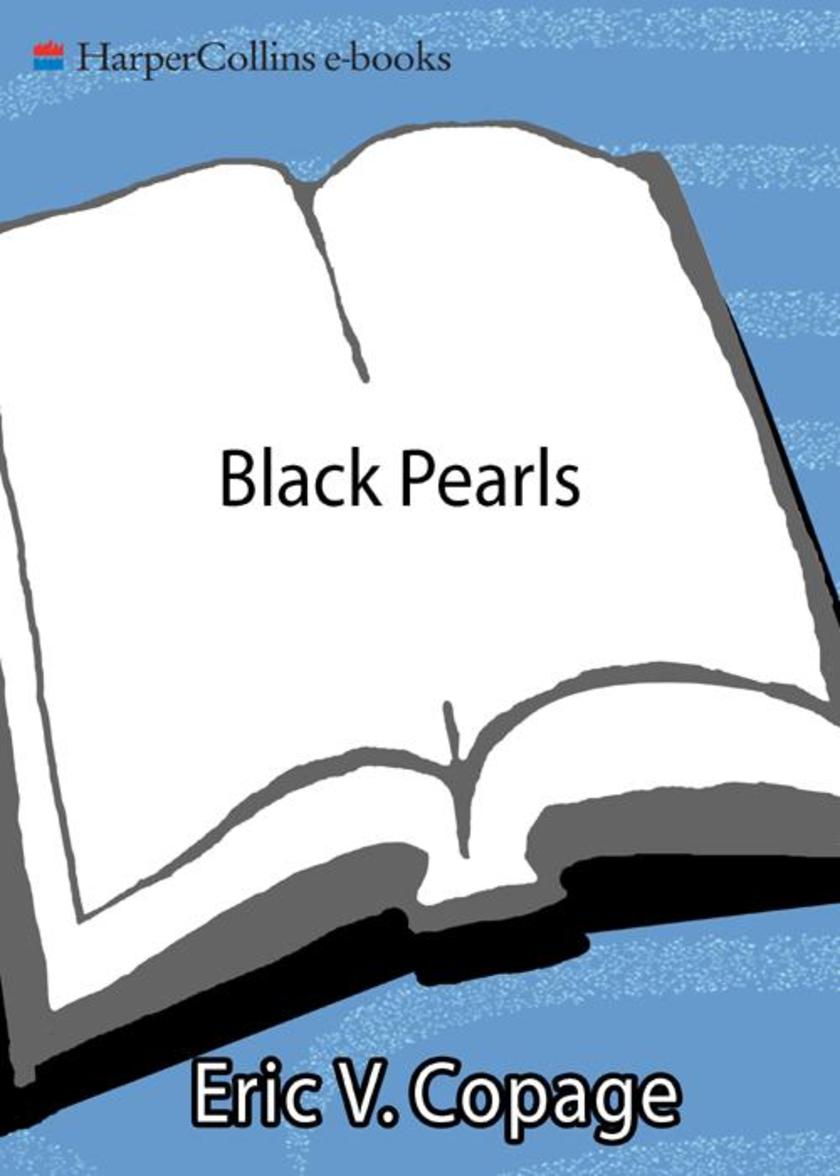
Black Pearls
¥55.33
Eric V. Copage's Black Pearls is an extraordinary book of inspirational thoughts and practical advice for African-Americans. The 365 quotes that begin each day's entry range from African proverbs to wisdom from Oprah Winfrey, Malcolm X, Terry McMillan, Bill Cosby, Rosa Parks, Spike Lee, Marian Wright Edelman, Alice Walker, and Martin Luther King, Jr., among hundreds of other diverse and accomplished people of African descent. And each day's entry covers a new topic: Love, Anger, Pride, Dieting, Stress, Stereotypes, Power, and Success are just a few! From the daily inspirations, author Eric V. Copage suggests meditations and specific actions that will help readers boost their spirits -- and achieve their dreams.

For Parents and Teenagers
¥77.49
The author of Choice Theory and Reality Therapy offers a powerful approach for helping troubled teens. In his decades as a therapist, Dr William Glasser has often counselled parents and teenagers. His advice has healed shattered families and changed lives. Now in his first book on the lessons he has learned, he asks parents to reject the 'common sense' that tells them to 'lay down the law', ground teens, or try to coerce them into changing behaviour. These strategies have never worked, asserts Dr Glasser, and never will. Instead he offers a different approach based upon Choice Theory. Glasser spells out the seven deadly habits parents practiSe and then shows them how to accomplish their goals by changing their own behaviour. Above all, he helps parents keep their relationship with their child strong. Dr Glasser provides a groundbreaking method that any parent can use with confidence and love.

Porch Talk
¥83.03
Be loved American storyteller Philip Gulley evokes a time when life revolved around the front porch, where friends gathered, stories were told, and small moments took on large meaning. In today's hurry-up world, Gulley's observations are frank and funny, reminding us of the world we once shared, and can again. With poignancy and humor, Gulley writes about small-town life, things he thinks about while sitting in his Quaker meeting, and why Donald Trump should pay more taxes. Porch Talk is a tribute to common folk, including Charlie the hardware priest, the Bettys at the newspaper, and other paragons of decency not many people know, but should.

Raising Blaze
¥78.55
When you have a child that doesn't fit in, what do you doDebra Ginsberg knew that her son, Blaze, was unique from the moment he was born in 1987. What she didn't know was that Blaze's differences would be regarded by the outside world not as gifts, but as impediments to social and academic success. Blaze never crawled. He just got up and walked when he turned one. He called his mother 'Zsa Zsa' until he was three. By kindergarten, he loved the music of Miles Davis and Ella Fitzgerald. He fears butterflies and is fascinated by garbage trucks. With the same honesty that made Waiting a success, Raising Blaze: Bringing Up an Extraordinary Son in an Ordinary World chronicles Debra's experience in raising a child who has defied definition by the host of professionals who have sought to label his differences. Ginsberg introduces us to a remarkable child and her own unusual childhood. She writes about a family which shows us the redemptive power of faith, humour and love.

Smart Discipline(R)
¥78.55
Larry J. Koenig, Ph.D., creator of the hugely popular Smart Discipline seminars, explains his simple, dramatically effective system to help children follow the rules at home and at school. It is easily tailoredto differences in age, temperament, and the needs of children with ADD/ADHD. Positive results usually are seen within a few days. Best of all: instead of nagging, parents can use Dr. Koenig's powerful esteem-building strategies to affirm their children's strengths. The Smart Discipline system: Gets kids to do what you ask, the first time you ask Stops fighting, bickering, and disrespectful language Ends hassles over homework, chores, messy rooms, and bedtime Instills positive self-image and builds confidence. . . and much more!

Mars and Venus in Love
¥90.77
Straight from the heart -- real-life couples share inspiring, edifying stories of Mars and Venus in love.Millions of readers have learned about relationships from John Gray's previous bestsellers, such as Men Are from Mars, Women Are from Venus, Mars and Venus on a Date; and Mars and Venus in the Bedroom. Inspired by this enthusiasm, Gray asked a number of readers to share their own stories of how they've put his principles to work in their relationships. The result is this amazing collection of first-person accounts-along with Gray's own enlightening commentary-that will have you laughing, crying, and nodding in recognition.Gray's contributors answer such questions as: What problems have you had in your relationship, and how have you overcome themWhat special things do you and your partner do for each otherHow do you best communicate with each otherHow do you practice what you've learnedHow does your love feel different now from how it felt beforeTheir answers illustrate more eloquently than any textbook how to use Gray's advice and counsel to create your own fulfilling, healthy, and loving relationships.

A Vindication of Love
¥90.73
A thinking person’s “guide” that makes the case for love in an age both cynical about and fearful of strong passion. Bold and challenging, A Vindication of Love has inspired praise and controversy, and brilliantly reinvigorated the romance debate. A perfect choice for readers of Alain de Botton’s How Proust Can Change Your Life and Pierre Bayard’s How to Talk About Books You Haven’t Read.
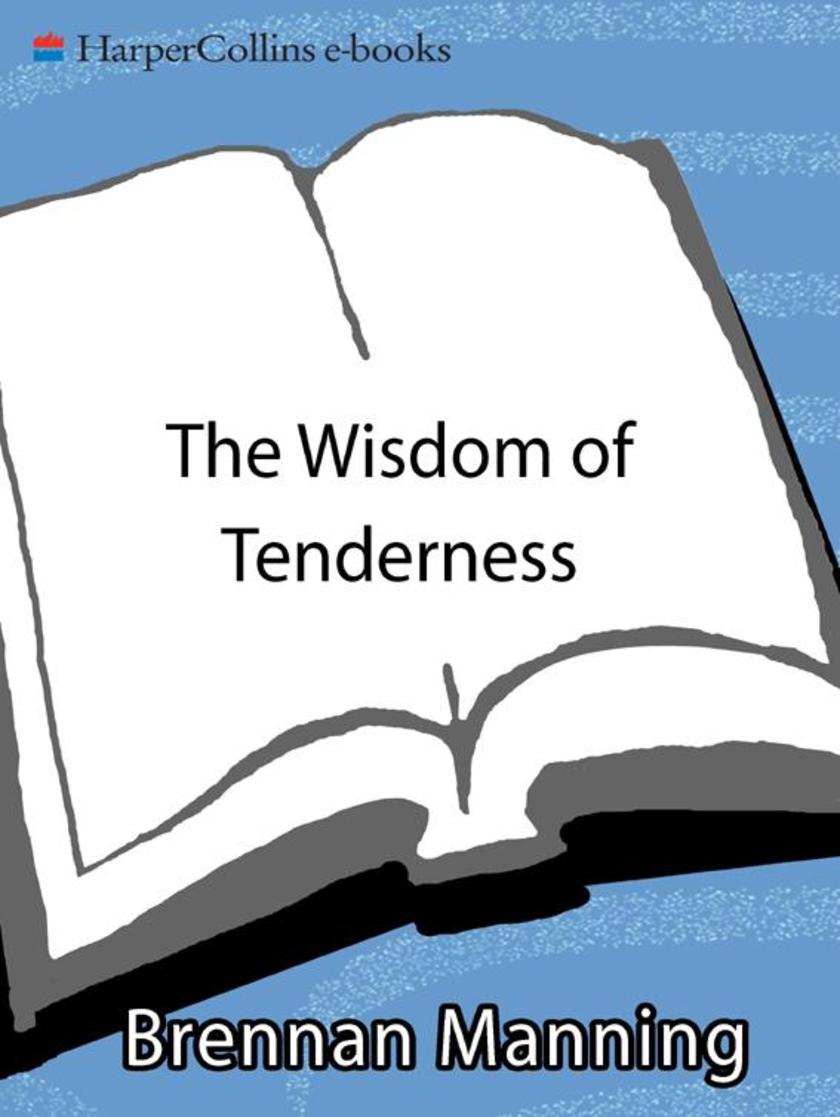
The Wisdom of Tenderness
¥83.03
A Stirring Invitation to Accept God's Unfathomable Tenderness

Stage II Relationships
¥84.16
Offers clear and practical techniques for couples and families who have faced the issue of addiction and are now striving to bring health and vitality to their relationships.

I Love You Rituals
¥88.56
I Love You Rituals offers more than seventy delightful rhymes and games that send the message of unconditional love and enhance children's social, emotional, and school success.Winner of a 1999 Parent's Guide Children's Media Award, these positive nursery rhymes, interactive finger plays, soothing games, and physically active can be played with children from infancy through age eight. In only minutes a day, these powerful rituals: Prime a child's brain for learning Help children cope with change Enhance attention, cooperation, and self-esteem Help busy families stay close Affirm the parent-child bond that insulates children from violence, peer pressure, and drugs, and much more. Easy to learn and especially effective in stressful situations, I Love You Rituals gives parents, grandparents, caregivers, and teachers inspiring tools to help children thrive.

Letting Go (Fifth Edition)
¥84.16
For more than a decade Letting Go has provided hundreds of thousands of parents with valuable insights, information, comfort, and guidance throughout the emotional and social changes of their children's college years from the senior year in high school through college graduation. Based on real-life experience and recommended by colleges and universities around the country, this indispensable book has been updated and revised, offering even more compassionate, practical, and up-to-the-minute information. When should parents encourage independenceWhen should they interveneWhat issues of identity and intimacy await studentsWhat are normal feelings of disorientation and loneliness for students and for parentsWhat is different about today's college environmentWhat new concerns about safety, health and wellness, and stress will affect incoming classes?

When Your Kid Goes to College
¥85.05
"During the summer before he went to college, he was obnoxious; he said, 'There's a reason I'm acting this way; it will make it easier for you to have me leave.'""When she was packing to leave, she was completely preoccupied with how many sheets and towels to take. I was thinking, 'My kid is leaving home forever, and life is taken up with minutiae.'"It's an emotional rollercoaster, a combination of missing him and feeling happy and excited for him."New BeginningsYou've taught them how to do their laundry, brought them a year's supply of toothpaste and shampoo, and lectured them on the do's and dont's of life beyond your home. The time has come for your child to leave for college -- but are you prepared to say goodbye?Written by a mother who survived the perils of packing her own child off to school, When Your Kid Goes to College provides supportive, reassuring, and helpful tips for handling this inevitable but difficult separation. Comprehensive and accessible, this practical guide includes info on: Teaching your child how to live on his own, from balancing a checkbook to dealing with a roomate. The difference between financial and emotioanl dependence -- and how to keep them separate. Helping your spouse, younger children, and even pets deal with the transition when your child leaves -- and when she returns. How to fill -- and even enjoy -- the hole that your child's absence leaves. Saying goodbye isn't the end of the world; it's the beginning of an exciting new one for your child-and you!

Don't Throw Away Tomorrow
¥83.03
Fifty years ago Robert H. Schuller founded a church on the idea that with faith, focus, and follow-through all of our dreams can become realities. A tireless advocate of this positive message, he built the Crystal Cathedral into one of America's most popular and beloved centers of worship. Dedicating his life to both his family and his ministry, Dr. Schuller has gone on to teach millions the power of belief. A gifted and moving storyteller, he now offers the wisdom he's gained over a lifetime of optimism and devotion. In this personal and inspirational book, Schuller shows us how the universal principles that have formed his life and his work can guide ours as well. Starting with the message of "Don't Throw Away Tomorrow!" this landmark book discusses powerful and universal ideals such as starting with optimism, choosing positive values, keeping focused, clearing the channels of communication, and most important looking to the Ultimate Authority.For fifty years Americans have been listening to Schuller's thoughtful guidance and have been inspired by his love of humanity and God. Don't Throw Away Tomorrow is a culmination of his wisdom, delivered directly to the reader a tribute to the power of possibility thinking.

Inner Bonding
¥95.11
Inner bonding is the process of connecting our adult thoughts with our instinctual, gut feelings the feelings of the inner child so that we can minimize painful conflict within ourselves. Free of inner conflict, we feel peaceful, open to joy, and open to giving and receiving love.Margaret Paul, coauthor of Healing Your Aloneness, explores how abandonment of the inner child leads to increasingly negative and destructive feelings of low self-worth, codepenclence, addiction, shame, powerlessness, and withdrawal from relationships. Her breakthrough inner bonding process teaches us to heal past wounds through reparenting and clearly demonstrates how we can learn to parent in the present. Real-life examples illustrate the dynamics of the healing process and show the benefits we can expect in every facet of our lives and in all our relationships.Inner Bonding provides the tools we need to forge and maintain the inner unity that makes our family, sexual, work, and social relationships productive, honest, and joyful.

The Love Fix
¥94.10
Find your way back to a happy, satisfying relationshipAll couples argue, but how do some couples get to what seems like the point of no returnLicensed marriage and family therapist Dr. Tara Fields has spent more than twenty-eight years working with couples, and she has discovered that there are five common conflict loops that couples fall into and three steps to getting past having the same fights over and over again and onward to building a relationship where each partner feels heard, understood, respected, and loved. These steps include: Recognizing the conflict loop at play Exploring past and present fears Creating opportunities to get in touch with the deepest needs of both partners in order to find new gratitude, respect, and trust Change comes with awareness. When you're present in the moment, conflict with your partner can become an opportunity to work through unresolved issues and to learn more about each other; it can even become a way to grow closer. In The Love Fix, Fields shares her tested and proven tools to help build stronger relationships, including: Insight from real couples who have repaired their relationships Self-assessment quizzes to get to the root of the problem Practical 3-Minute Fixes you can start using immediately HEARTwork exercises to help you dig deeper in order to reconnect It's never too late to reignite your passion and to restore the love between you and your partner. Stop rehashing the same issues, figure out what you're really fighting about, and start enjoying a happier, stronger relationship today.
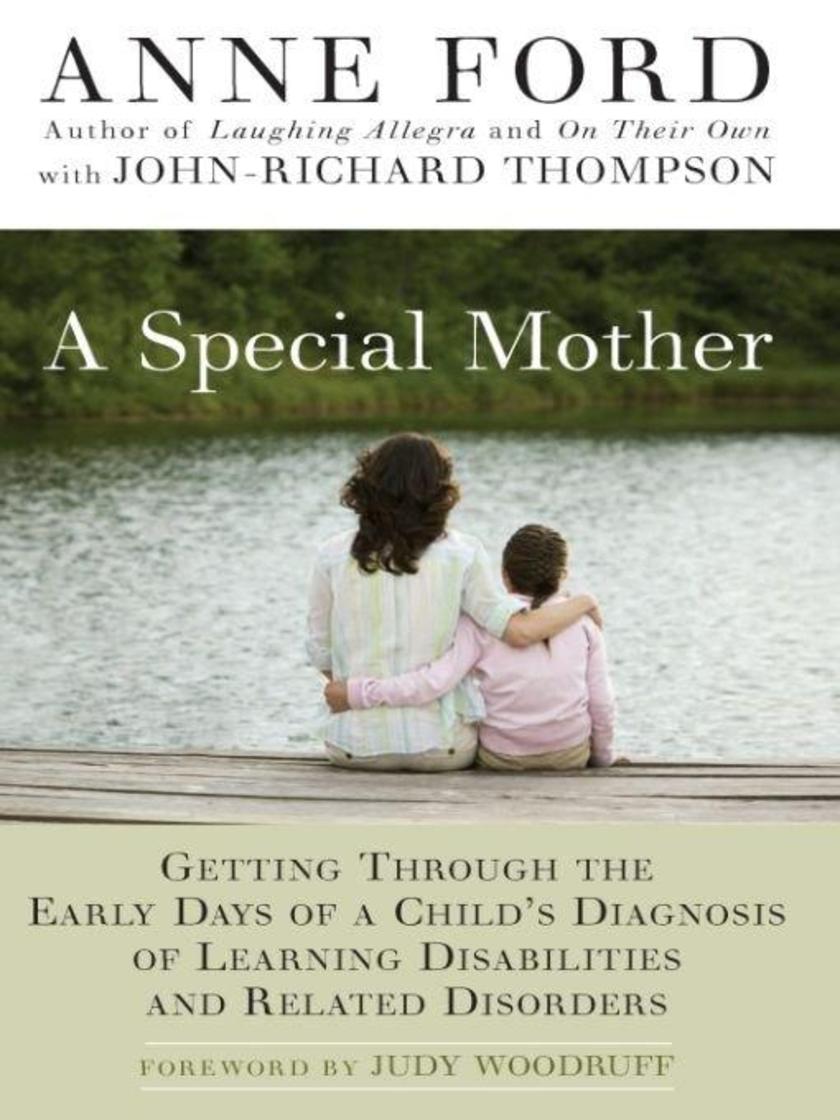
A Special Mother
¥95.39
All mothers experience worries and fears about their children, but none can compare with the early days when a mother feels something's not quite right. Anne Ford knows the feeling. She's had it herself, having raised a daughter with severe learning disabilities, and has gone on to share experiences with others during her many years as a volunteer with the National Center for Learning Disabilities.To bring comfort, support, and hard information to mothers-and fathers, too-in the early period surrounding the diagnosis, here is the book that Anne wishes she'd had years ago when she first received the news about her daughter and didn't know where to turn for the practical and emotional help she desperately needed.Filled with essential advice and the voices of other mothers whose children have LD and related disorders such as Asperger's and ADHD, A Special Mother lets parents know they are not alone and that they can help their child to thrive. This invaluable book addresses such matters as:Understanding Learning Disabilities and Related Disorders What Should You Do FirstInterpreting Evaluation Results Resolving Disputes Special Fathers: They Are Out ThereThe Social Side of LDAdvocacy vs. Obsession How Are You Doing?: Taking Care of Yourself

The Explosive Child
¥99.65
Screaming, swearing, crying, hitting, kicking, spitting, biting...these are some of the challenging behaviors we see in kids who are having difficulty meeting our expectations. These behaviors often leave parents feeling frustrated, angry, overwhelmed, and desperate for answers. In this fully revised and updated book, Dr. Ross Greene helps you understand why and when your child does these things and how to respond in ways that are nonpunitive, nonadversarial, humane, and effective.Dr. Greene describes how best to: Understand the factors that contribute to challenging episodes. Identify the specific situations in which challenging episodes are likely to occur. Reduce or eliminate challenging episodes by solving the problems that cause them. Solve problems collaboratively (rather than unilaterally) and proactively (rather than reactively). Help your child develop the skills to be more flexible, solve problems, and handle frustration more adaptively. Reduce hostility and antagonism between you and your child. With Dr. Greene's practical, expert guidance, you and your child will forge a new relationship based on communication and mutual respect.

Ready, Set, Grow!
¥88.56
Ready, Set, Grow!Young girls before the onset of puberty have a curiosity abouttheir soon-to-be changing bodiesthat needs addressing in a simplerway than for their older sisters. In Madaras's proven, trust-worthy,friendly voice and style, this entirelynew book now brings them thesame kind of thoughtful, down-toearthinformation but at a readingand comprehension level that's just right for them.Responding throughout to reallifequestions and observationsfrom younger girls, Madarasexplores the changes that arehappening, or about to happen, tothem, including: the developmentof breasts, body hair, and bodyfat; the changes in their reproductiveorgans, both inside and out;their first period and all the complexfeelings surrounding it; theunwelcome appearance of acneand new body odors; and, perhapsmost important, how to respectand celebrate their unique bodies,even when the outside world isnot always so accepting.Lively cartoon drawings throughoutmake the book not only helpful,but fun to read, too.
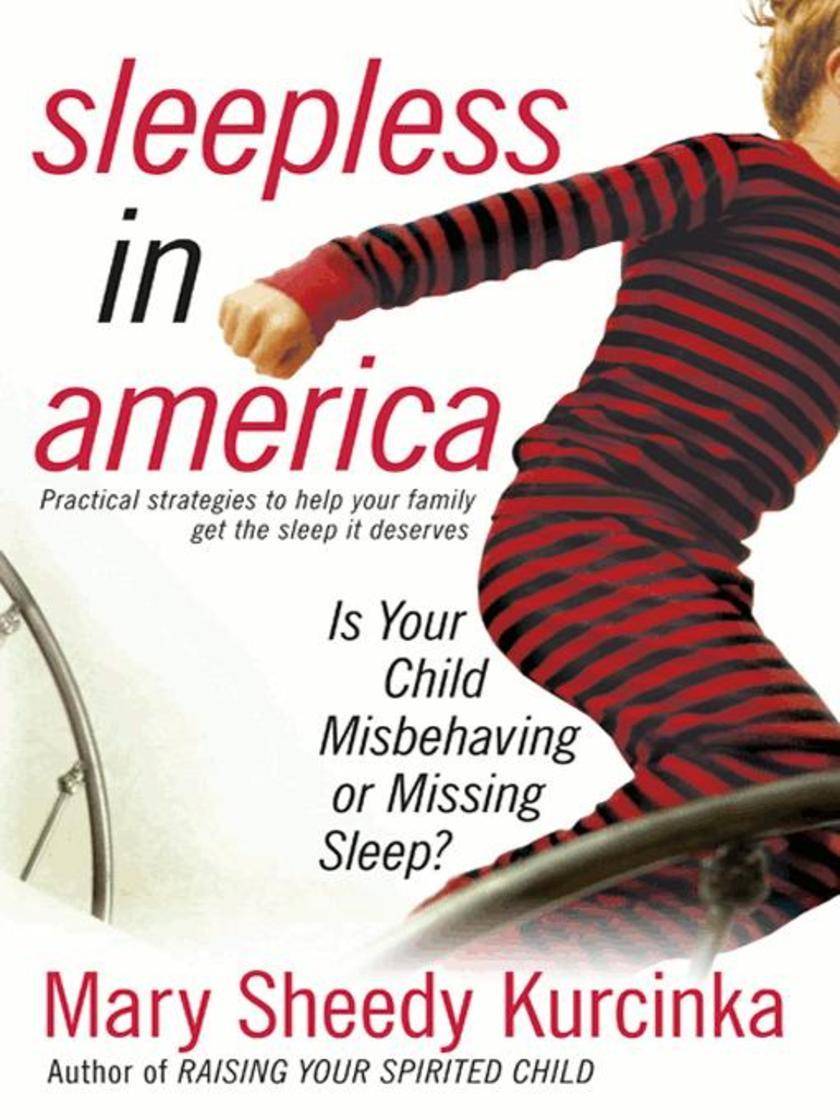
Sleepless in America
¥83.03
Does your child Refuse to cooperate in the morningGet into trouble for not listening"Lose it" over seemingly insignificant issuesSeem to resist sleepAn estimated 69 percent of American infants, children, and teens are sleep deprived. Studies have shown that sleep deficits can contribute to hyperactivity, distraction, forgetfulness, learning problems, illness, accidents, and disruptive behaviors. Often what our misbehaving kids really need isn't more "consequences" or more medication but more sleep.Sleepless in America offers weary and frustrated parents a helping hand and an exciting new approach to managing challenging behaviors by integrating research on stress, sleep, and temperament with practical strategies and a five-step approach that enables parents to help their "tired and wired" children get the sleep they so desperately need.
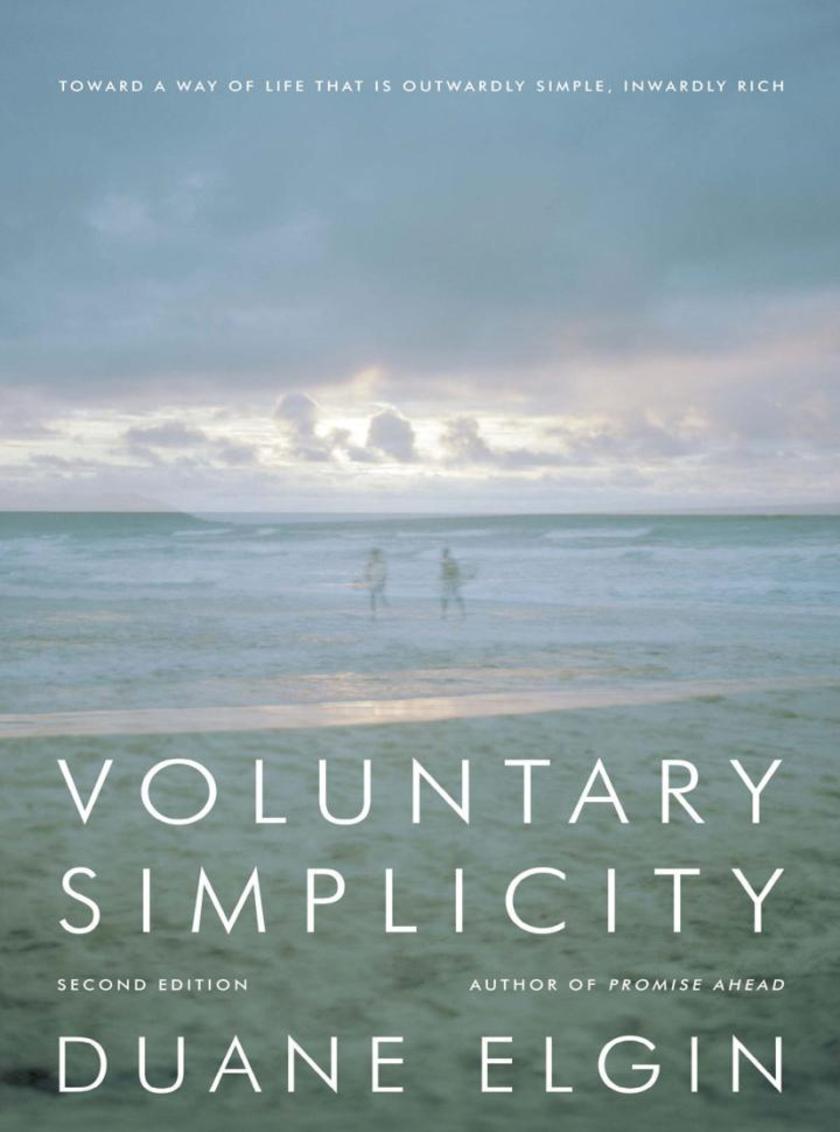
Voluntary Simplicity Second
¥83.03
When Voluntary Simplicity was first published in 1981, it quickly became recognized as a powerful and visionary work in the emerging dialogue over sustainable ways of living. Nearly three decades later, as the planet's environmental stresses become more urgent than ever, Duane Elgin has revised and updated his revolutionary book.Voluntary Simplicity is not about living in poverty; it is about living with balance. This book illuminates the pattern of changes that an increasing number of people around the world are making in their everyday lives adjustments in day-to-day living that are an active, positive response to the complex dilemmas of our time. By embracing a lifeway of voluntary simplicity characterized by ecological awareness, frugal consumption, and personal growth people can change their lives. And in the process, they have the power to change the world.




 购物车
购物车 个人中心
个人中心



